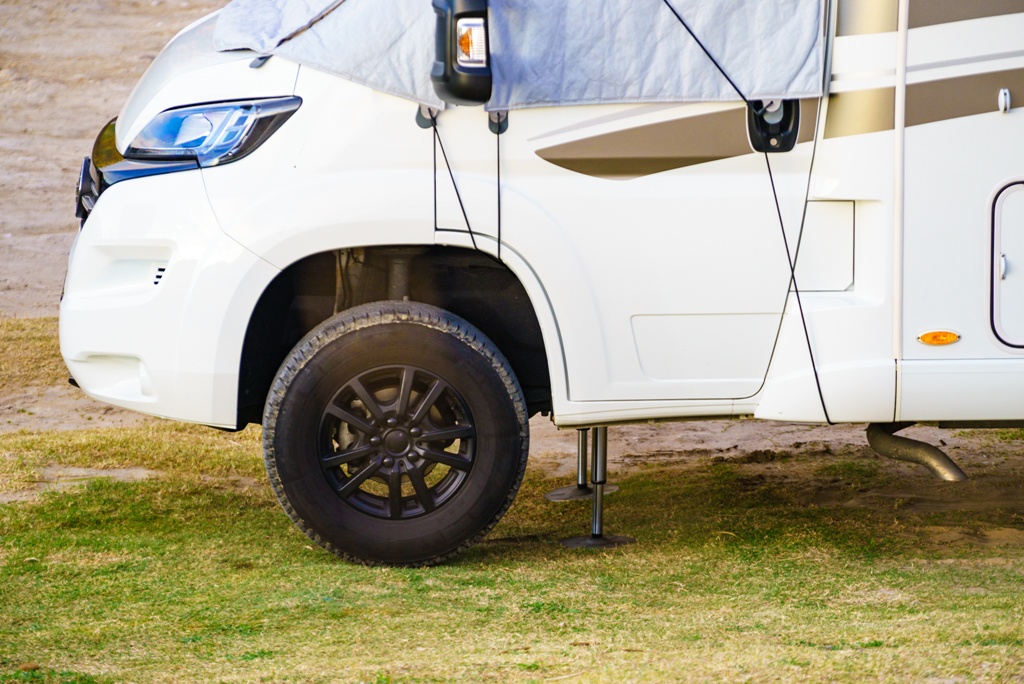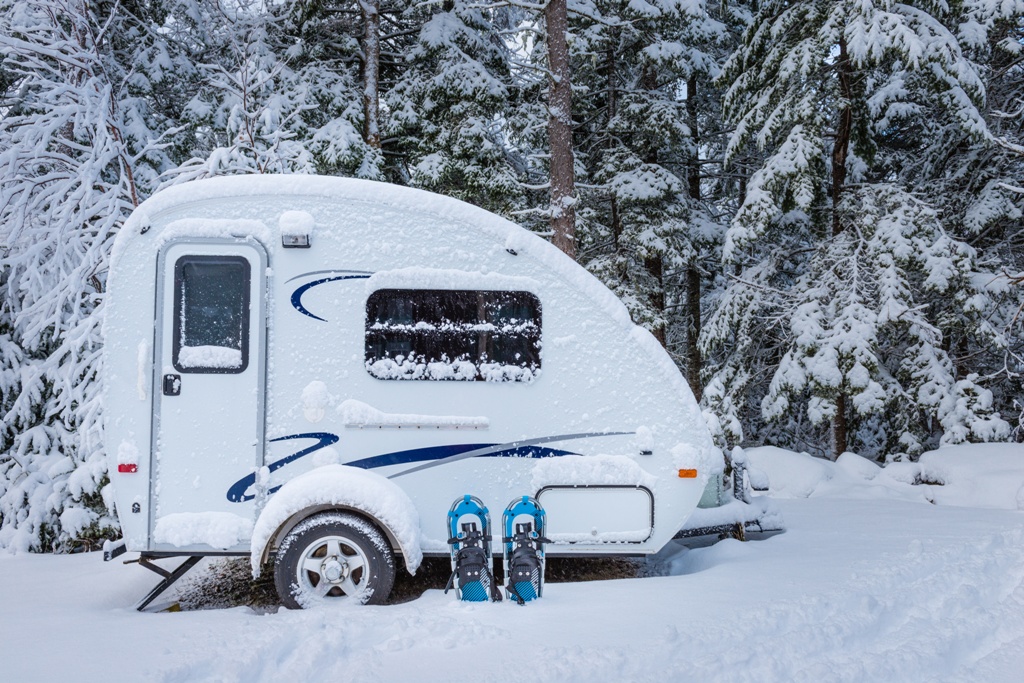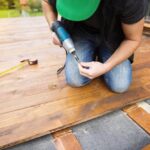An RV is a significant investment, just like your house or car. In terms of care, a house is sturdy and can withstand the elements; however, proper maintenance is a must, both for the interiors and exteriors. A car requires regular maintenance and care to keep it in excellent condition. It also needs to be stored in your garage to keep it further protected from weather damage. But how do you preserve your RV? Do you protect them just like cars, or do you expect them to be as strong as a house?
To prevent damage from adverse weather conditions, check out the following tips below:
1. Cover Your RVs
There are different kinds of RV covers available in the market. You’ll find them in a variety of materials, from metal covers to heavy-duty foldable ones that are designed for traveling.
Here are some of the common types of RV covers:
-
Metal RV Cover
If you’re not using your RV and just parking it outside your garage, consider getting metal RV covers. A metal cover serves your RV’s home when it’s not in use. It functions as a garage for your RV. With a metal cover, you’re guaranteed that your RV is protected when they get exposed to the elements
You have three different kinds of metal covers to choose from: roof only, roof with one side, and total protection. The first one is a metal cover that mainly protects your roof. This option is best when you live in an area is usually hot, and you’re worried about sun damage on your roof. The second one is ideal when you’re placing your RV beside your house. The third one allows you to enclose your RV in complete safety, protecting it from any storm or other weather conditions.
-
Classic Cover
A classic cover is made from plastic materials that are designed to resists the elements, release moisture, eliminate mold and mildew, and protect your RV roof covers. With a classic cover, you’ll be able to protect your RV wherever you go. If you’re camping and the weather is taking a turn for the worse, you can bring out your classic cover to protect your motorhome from the top down. This type of RV cover is portable and easy to store and install.
-
Tarp
Many people choose to use a tarp as they’re cheaper and also offer significant protection. However, tarps can be abrasive as they cause wear on the sides, leading to scratches and damage to your RVs. Even if you think you’ve saved a lot of money by forgoing carports and RV covers, remember that there’s always price to pay with tarps.

2. Proper Maintenance
Along with covering your RVs, it’s also vital that you do proper maintenance so that you can keep your investment in top condition. Just because you protect your RV with covers, it doesn’t mean that you don’t need to provide proper care and maintenance. You need to treat your RV the same way you treat your car. You don’t just cover them and hope for the best. You wash them, shine them, inspect their different parts, and bring them in for regular checkups.
Here are the things that you could do to maintain your RV:
-
Clean your Roof
As they say, a clean roof is a strong roof. You should clean your RV’s roof often to maintain its condition. Remember, your RV is covered by a transparent membrane that’s designed to protect it from leaks. As time goes by, dirt will build up on the membrane, causing it to thicken and not be as effective in saving your RV from leaks. What you can do to prevent this is to regularly clean the top of your roof, especially when you see visible white stains on top.
When cleaning your roof, use cleaners that are specifically meant for vehicles to prevent harsh chemicals from damaging the surface of your RV.
-
Inspect Regularly
Ideally, you should inspect your RV annually, especially the roof and windows that are more prone to damage. You can also go to a local RV inspection service that can help you check your RV thoroughly.
Conclusion
Having an RV is an excellent investment for your family, especially if you all love to travel. An RV will allow you to comfortably travel great distances. But these amazing benefits come with a set of responsibilities. The sun, wind, and rain can significantly affect the integrity of your RV. Without proper and regular maintenance and protective measures like using an RV cover, your motorhome can develop leaks, mold and mildew, and even structural damage.






